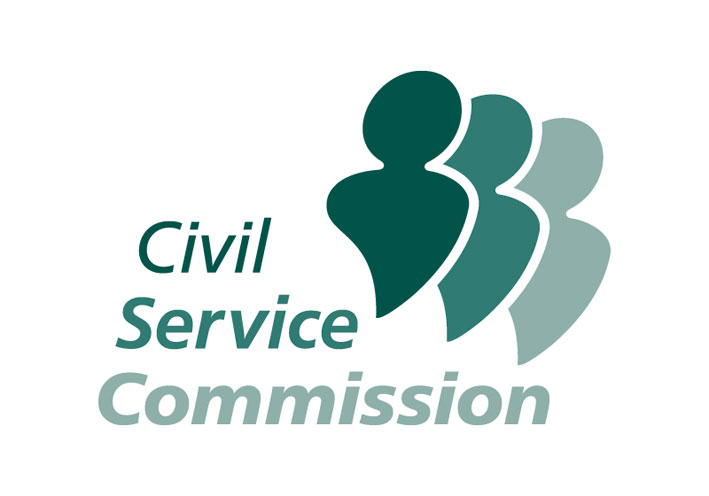Code
The Civil Service Code, forms part of the terms and conditions of every civil servant. It was first introduced in 1996 and has been updated several times since.
The Civil Service Commission has two important roles in relation to the Civil Service Code. The Commission hears complaints under the Code from civil servants. The Commission also works with Departments to help them with their promotion of the Code.
The Civil Service Code outlines the core values of the Civil Service:
- Honesty
- Integrity
- Impartiality
- Objectivity
It describes the standards of behaviour expected of individual civil servants against each of these four values.
If a civil servant is asked to do something which conflicts with the values in the Code, or is aware that another civil servant is acting in conflict with the values, he or she should raise a concern within their own department. Their department should investigate their concern. If the Civil Servant remains dissatisfied following the outcome of the investigation, they may bring a complaint to the Civil Service Commission. In some cases, the Commission may also hear a complaint direct.
As the Civil Service Code is about the core values of the Civil Service it does not cover areas outside this forum such as:
- personnel management grievances
- disagreements about the merits of policy
- disagreements about management decisions
Such matters should be pursued through the normal channels within the department.
The Civil Service Code is sometimes confused with the Civil Service Management Code (also issued by the Cabinet Office) which deals with the management of the Civil Service terms and conditions of employment etc.
The Civil Service Code is also sometimes confused with the Civil Service Commission's Recruitment Principles. The Recruitment Principles set out the Commission's interpretation of the principle of appointment on merit, on the basis of fair and open competition.
Please see the below video for useful information on Civil Service Code and Code Complaint handling.

